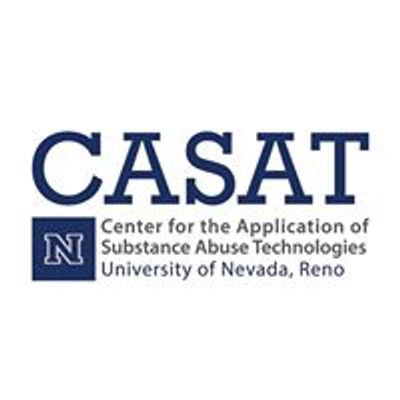
Advertisement
The new-born is wrinkled and dependent on adults for care. The elderly are wrinkled and may be dependent on other adults for care, some, or a lot. The new-borns gradually embrace autonomy as their physical, cognitive, and emotional skills develop with time. The elderly often struggle to sustain autonomy, recognize the onset of physical limitations, the possible waning of cognitive skills and the potential to become as dependent as the new-born. Stereotypes abound for both the brand-new infant and the older person. The child is too young to go to school, and their grandparents may be presumed to be too old to do the same. The child, the early teen is too young to drive a car but seeks the freedom a driver’s license would offer, and their great-aunt is in fear of losing her license, her freedom to drive herself to the market. The young adult, perhaps a college graduate employed by a large business, wants more job responsibility but is counseled to be patient, that their time will come. The older adult, perhaps with graduate degrees, is asked about retirement, maybe about retiring, and having fun, creating a bucket list to address the clock ticking at a more rapid rate than decades earlier.And none of this is new. Our social structure is fastidiously age conscious, but not every age range experiences negative stereotyping, prejudice, and bias as much as older folks. In fact, agism may be the last “ism” to be socially acceptable. Today we will address age discrimination as it occurs in everyday life, in the family, within the older person, and in the therapy session.
Learning Objectives:
1. Identify and understand aging as a distinct culture.
2. Identify and understand aging’s relevance to other cultures.
3. Identify and understand how the elderly are stereotyped.
4. Understand how stereotyping, prejudice and bias are defined in the context of aging.
5. Identify types of discrimination against the elderly
6. Identify protective factors against aging discrimination.
Presented by: Mary Minten, PhD, MFT, CST and Chuck Holt, PhD
Continuing Education Units: 4 CEUs
Cost:
$80.00 Regular
$64.00 Licensed or Certified Professional
$40.00 Student/Intern/Retired/Military
Registration required: https://www.casatlearning.org/calendar-view/aging-culture/548
Advertisement
Event Venue & Nearby Stays
University of Nevada, Reno - Redfield Campus, Washoe City,NV,United States, Washoe Valley
Tickets




